I'm currently trying to convert polynomial variable strings into expressions in R and have seen this similar link. However, I'm struggling to conceptualize a method that would allow me to provide a list of variables and develop a string that would appear correct for a ggplot legend. For example, I have the below string:
variable.names <- c("x", "y", "yy", "xxx", "xxy", "yyy",
"xxxxx", "xxxxy", "xxxyy", "xxyyy", "yyyyy")
and would like to convert it automatically to:
new.variable.names <- c("x", "y", expression(y^2),
expression(x^3), expression(paste(x^2, y)), expression(y^3),
expression(x^5), expression(paste(x^4, y)), expression(paste(x^3, y)),
expression(paste(x^2, y^3)), expression(y^5))
This is one example, but I am hoping to write a function that can do this with possibly more variables in variable.names. I was thinking there was possibly a way to use regular expressions, but don't know how to develop a function that would determine the pattern of letters, and put them in the right position for the expression and paste functions to create the names automatically.
Thanks in advance.
